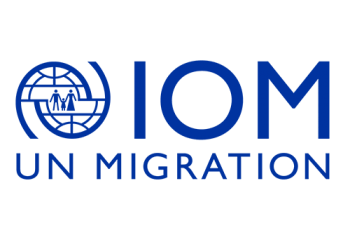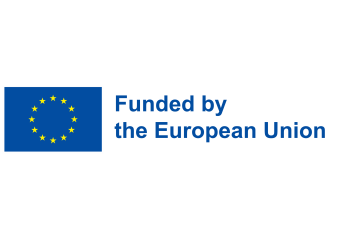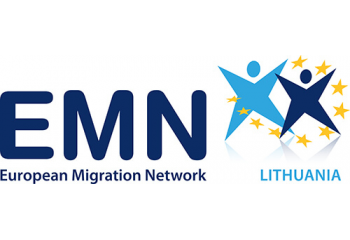News
What is the role of migration diplomacy in strengthening international cooperation?
A new inform by the European Migration Network (EMN), in collaboration with the Organisation for Economic Co-operation and Development (OECD), sheds light on the role of migration diplomacy in fostering international cooperation for effective migration management. Titled Migration Diplomacy: An analysis of policy approaches and instruments, the inform highlights the diplomatic tools, practices, and challenges involved in migration diplomacy across EMN Member and Observer countries with examples from OECD countries, focusing on good practices, challenges, and impacts in managing cross-border movement.
The inform details a variety of instruments commonly used in migration diplomacy, such as bilateral agreements, memoranda of understanding (MoUs), declarations of intent, and the appointment of special envoys or diplomatic representatives. Bilateral agreements are among the most widely adopted instruments, addressing specific issues like readmission and visa facilitation or encompassing broader migration partnership agreements.
Though migration diplomacy can streamline international cooperation on migration, EMN Member and Observer Countries also encounter significant challenges in negotiating these agreements. Obstacles include the need for effective coordination at different levels of government, resource allocation, and the creation of sustainable frameworks that acknowledge each partner’s capabilities.
According to the inform, successful migration diplomacy hinges on several key factors, including political stability in partner countries, solid legal frameworks, and institutional coordination.
The inform includes examples of migration diplomacy tools in non-EU OECD countries. These include the Los Angeles Declaration on Migration (2022), promoting cooperation across the Americas through four pillars consisting of stability, migration pathways, humane management, and emergency response; Australia's Pacific Australia Labour Mobility (PALM) scheme, providing jobs for Pacific islanders; and Japan's economic partnership agreements (EPAs), allowing nurses and care workers from Indonesia, the Philippines, and Vietnam to work in Japan with a pathway to indefinite residency.
The inform aims to contribute to discussions on migration governance by emphasising the importance of cooperative frameworks and diplomatic strategies. The inform presents insights on policy effectiveness while identifying areas for improvement, offering a view of both the successes and challenges in managing migration on an international scale.
Link:
EMN Inform (EN)



